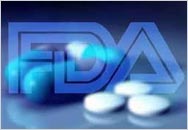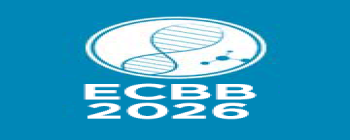
Preparing for FDA's New Import/Export Trauma in 2020 Burlingame United States
The FDA continues to change its import program to better manage new problems and to use new procedures to make the whole process easier. The FDA and U.S. Customs and Border Protection (CBP) are relying more and more on computer programs to expedite the import process. When and how you use these programs can make a big difference in the net profit derived from even a single shipment. The new Voluntary Qualified Importer Program (VQIP) is one such example. Another example is CBP’s and FDA’s implementation of the Automated Commercial Environment (ACE) program became mandatory for importers in 2016. If you fail to correctly use new import procedures and programs, you will be operating under an expensive disadvantage.
Topic Background:
FDA’s import and export program is complex and keeps changing. The FDA’s and the U.S. Custom’s new import and enforcement program operates with a streamlined computer system and can leave firms at a loss to understand the short term and long term effects of a detained shipment. The law now requires foreign firms to register and submit specific information to enter U.S. commerce.
Foreign establishments are subject to FDA inspections and quality testing. Failing either FDA activity typically prevents a foreign firm’s product from entering U.S. commerce. If product is detained, resolving the problem with FDA is time consuming, expensive and uncertain. Without an adequate or informed approach to your import program, the specialized federal government process and roadblocks can seem impossible to overcome. To compound the problems, working with foreign establishments presents inherent difficulties based on cultural differences business practices and language barriers.
Other foreign and domestic and legal requirements intersect with FDA’s import and export program, some for the better, some not. For example, not all foreign firms are treated the same under the FDA’s law. A clear example is the FDA’s uses of automatic detention based on the country of origin, type of product or an establishment’s history. With the growing use of off-shore operations, managing imported products can and does present obvious and hidden
Preparing for FDA's New Import/Export Trauma in 2020 2020 Burlingame United States
Learning Objectives:
- FDA’s new cost-saving import programs
- Understand how U.S. Customs and FDA legal requirements intersect
- Know how to manage foreign suppliers
- Understand FDA’s internal procedures
- Learn how to mitigate and resolve import detentions
- Learn how to avoid common problems
- Develop practical ways to improve your import and export business
- You will be able to answer the following questions with this course without saying, “I don’t know?”
- What are the FDA’s import legal requirements and policy?
- How do you deal with the FDA and the U.S. Customs and Border Patrol procedures?
- What happens when your product is detained?
- What happens if a foreign manufacturer is in trouble with the FDA?
- How do you inter-act with the FDA to work out problems?
- Why are import and export rules different or does it even matter?








